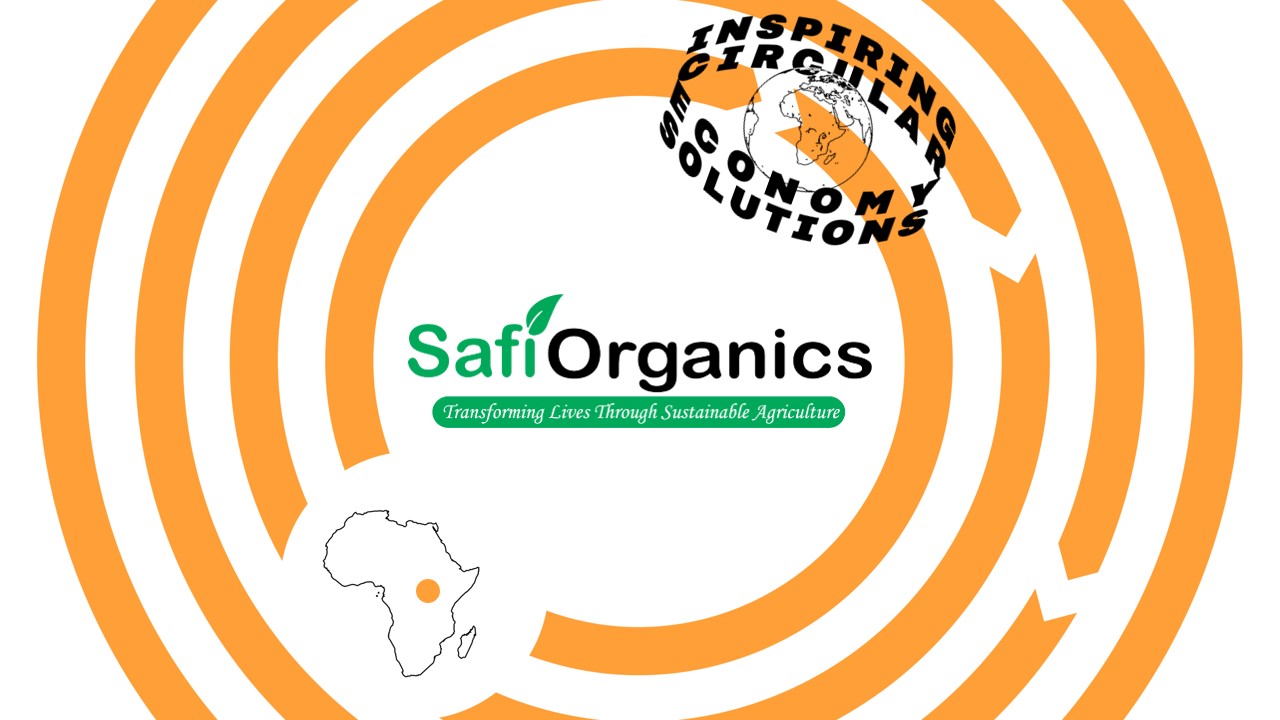The UN has warned that growing food will become progressively harder as soils are exhausted. In Kenya, Safi Organics is working to restore farmland using organic fertiliser produced locally with local resources.
Problem
Farmers in Kenya rely on imported fertiliser manufactured by major global companies, but the war in Ukraine has caused prices to double. Farmers try to buy the cheapest fertiliser they can, which results in reduced yields and increased food insecurity. The UN World Food Programme has warned that the current shortage of fertilisers could cause food scarcity for seven million more people in Africa.
Solution
Safi Organics began by producing soil amendments, which are materials added to soil to improve its physical properties, such as water retention or permeability. Next, they developed soil-specific organic fertilisers which they say can improve yields by as much as 30 per cent.
Their products are created from local farming residues, creating a circular solution for local farmers. They currently offer a range of biochar and fertilisers, as well as soil testing services.
Business potential
The company collaborates with 10,000 farmers and produces about 6 tonnes of soil amendments daily. Currently their revenue comes from fertiliser sales, but they are already working on a range of new services and business models.
Social and environmental impact
Safi Organics’ production doesn’t require external energy or new materials. The main waste they have from their production process is heat, and they are considering how to turn this into a resource as well. Collecting, producing and using the products locally saves fuel costs and emissions.
Using soil amendments and organic fertilisers can drastically improve crop yields, protecting farmer incomes and food availability. Crop residue is now being transformed and returned to the soil, instead of being burned and causing air pollution. The company also says their solution results in farmers needing 15 per cent less water.
Future
The company is constantly looking for ways to improve their business and the solutions they provide. They want to refine their production process to eliminate all waste streams. Safi Organics is looking at new markets in India and continuing their expansion in Kenya. They are also considering new product lines, such as carbon sequestering services.
One of their main challenges has been changing the mindset of farmers to see crop residues as a resource instead of a waste. Sometimes securing a supply of crop residues has been difficult, so Safi Organics works with youth groups who are paid to help with collection.
Want to learn more about circular economy solutions in Africa? This year’s World Circular Economy Forum will take place in Rwanda on 6–8 December. Check out the programme and register for online participation.


Inspired?
Check out all solutions.